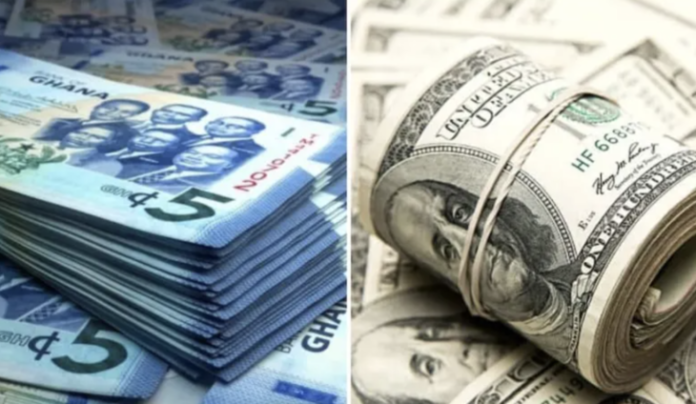The Ghana cedi will record stability in the near term, helped by Moody’s upgrade of Ghana’s credit rating and the expected US$360 million inflow from the International Monetary Fund.
However, it is expected to weaken this week as seasonal demand pressures resurface.
Last week, the cedi recorded mixed performance against the major trading currencies.
The local unit recorded 1.01% week-on-week losses versus the US dollar due to seasonal demand pressures from the manufacturing and energy sectors.
However, it gained 0.35% week-on-week against the pound after the announcement of a possible aggressive policy rate cut in England.
Similarly, the local unit appreciated by 1.27% week-on-week to the euro as weaker-than-expected inflation in France and Spain prompted the European market of a possible rate cut from the European Central Bank during the October 2024 Monetary Policy Committee Meeting.
So far this year, the cedi has lost about 25% of its value to the American greenback on the retail market.
It is selling at GH16.40 to one US dollar on the retail market.
Meanwhile, the Ghana cedi and three other currencies are the worst-performing currencies in Sub-Saharan Africa (SSA) in 2024, the World Bank’s October 2024 Africa Pulse Report has revealed.
According to the report, the cedi has lost about 24% value to the US dollar, placing it as the 4th weakest in SSA.
South Sudan’s pound (over 60%), Ethiopia’s birr (51%) and Nigeria’s naira (over 40%) are the worst-performing currencies in Sub-Saharan Africa in 2024.
Source: JoyBusiness
READ ALSO:

